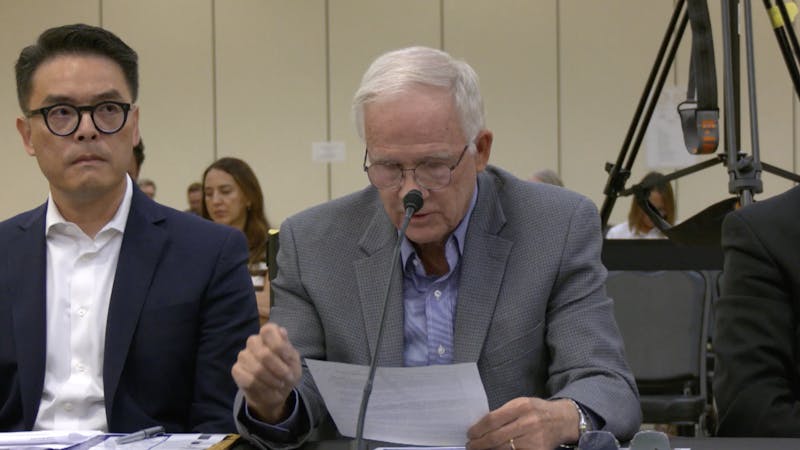RESET projects innovative
The RESET blanket tax that is paid by every undergraduate at this university has not gone to waste (see story, page 1). Half of the funds, approximately $15,000, have been allotted to six projects which are aimed at making environmental sustainability improvements. These initiatives are wonderful; they are a testament to the initiative of Rice students and to the commitment of Rice to support its students and its environment. Furthermore, the program is planned to continue each year that RESET is funded by blanket taxes; over time, the number of sustainability projects implemented will make a
serious difference.Nonetheless, it is important for RESET and the administration to elaborate upon these student projects. While many of the ideas are excellent jumping boards, the initiatives need to be implemented campus-wide to make a dramatic impact. The university should seek to weatherize, install solar panels and expand the bike sharing program across campus; improve A/C in other older campus buildings; refit all campus toilets and perhaps instill 20 minutes of turned-off AC on a daily basis campus-wide. Of course, these projects will take time and money to expand, and gratitude is due to the students who are taking the first step. However, over time, as new student projects are implemented and old ones are expanded upon, Rice has the potential to dramatically improve its
environmental sustainability.
More from The Rice Thresher

Rice announces Chao College as 12th residential college
Rice announced that the 12th residential college will be named Ting Tsung and Wei Fong Chao College Aug. 19. The college, set to open in fall 2026, will contain nearly 300 on-campus beds.
Dining access fund announced following on-campus unlimited meal swipes
Rice announced new food assistance programs on Tuesday to account for the controversial change in the on-campus meal swipe plan.

Rice disaster prediction model discussed at hearing on deadly Central Texas floods
The House and Senate Select Committees on Disaster Preparedness and Flooding held a hearing on July 31 in Kerrville to address the deadly July 4 flooding in Central Texas. The flooding along the banks of the Guadalupe River killed 108 people, including 37 children. In the charged hearing, Texas lawmakers and flood survivors criticized the local response to the disaster.


Please note All comments are eligible for publication by The Rice Thresher.